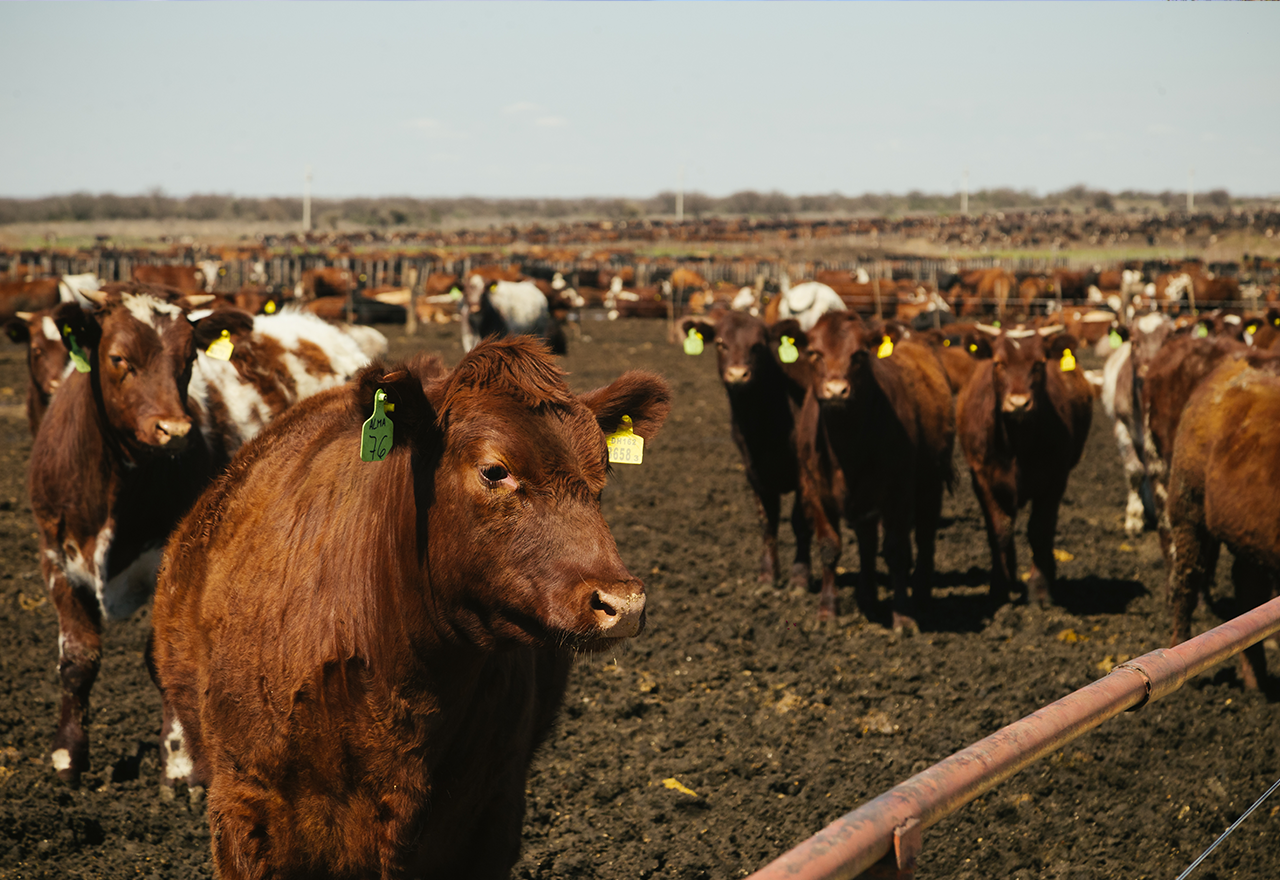A look into our work investigating whistleblower complaints.
By Kestrel Burcham
In 2018, Cornucopia received a complaint concerning potential organic fraud in beef that was worth investigating. From the outset, this appeared to be a case where cattle were being laundered into organic status.
I started the investigation as I always do: gathering data. This step often involves requesting documentation from state and federal agencies, looking for first hand witness accounts, and gathering incidental information that can help fit pieces of the story together. In this particular case, I collected as much business information as I could, including the types and pounds of beef processed and sold by the businesses involved. I gathered other information from state brand inspectors — the folks responsible for keeping accurate records of livestock ownership and brands.
At the heart of the initial investigation was a cattle reseller. The business in question took on sick or cheap stock from dairies or other cattle stock sources whether they were organic or not. Then the buyer would attempt to nurse those cattle into good health and weight with the intent to upsell them for beef. I was disturbed to find the alleged cattle reseller was facing criminal animal neglect at the time, as well other criminal allegations relating to their livestock business.
Other evidence confirmed that the reseller was taking in at least some certified organic cattle. Through the magic of paperwork, it seemed that more organic cattle were being produced for sale than were being bought in the first place. Not to mention, I could find no evidence of anyone holding a certificate for organic livestock production!
In general, if certified organic cattle spend significant time on an operation that is not certified, or if they are housed with non-certified animals, they lose their organic status. Any assertion claiming that those cattle remain organic is bogus — and illegal.
In this particular case, I spent a lot of time poring over reams of brand inspections, shipping manifestos, news articles, and different accounts to piece together the puzzle of fraud. On top of the potential loss of organic status, it became clear that conventional cattle who had never been organic might also be entering the pipeline.
The middleman appeared to be “laundering” cattle with either no organic traceability, or suspect origins, by using fraudulent paperwork. Enter a butcher, who purchased the live cattle for eventual distribution as organic beef. In this scenario, the entire supply chain was riddled with suspected violations of organic law.
We don’t always find the perfect smoking gun: more commonly we find evidence that shows a pattern of behavior. In this case, a pattern of criminality and the lack of a valid organic certificate for the production and sale of organic stock were the biggest red flags.
The use of different business names, different addresses, and the mismatch in pounds of beef received versus pounds of beef sold were also strong indications of fraud.
I personally do not have the ability to examine the validity of organic certificates — that kind of enforcement is the role of the National Organic Program. Evidence gathered, I turned over what I’d found with a written complaint to both federal and state regulators. The brazen kind of fraud I investigated in this case is uncommon, and NOP enforcement has increased since 2018.
But Cornucopia’s watchdog work is imperative. We will continue to meticulously track down complaints of organic fraud to uphold and improve the integrity of the organic label.
I personally did not have the ability to examine the validity of organic certificates—that kind of enforcement is the role of the National Organic Program (NOP). Evidence gathered, I turned over what I’d found with a written complaint to both federal and state regulators. Luckily, the kind of fraud I investigated in this case is rare and NOP enforcement toward fraud has only increased since 2018.
But Cornucopia’s watchdog work is imperative. We will continue to meticulously track down complaints of organic fraud to uphold and improve the integrity of the organic label.


